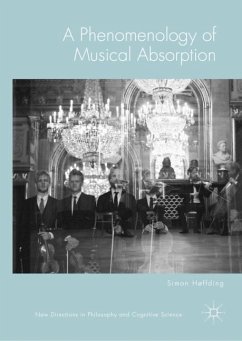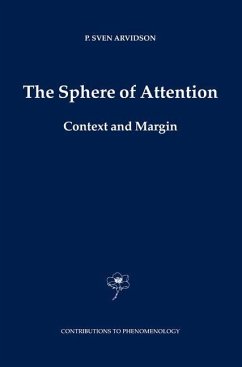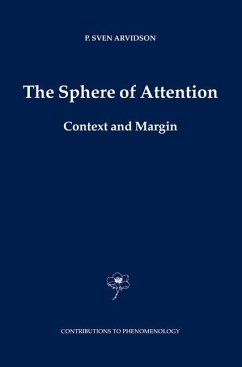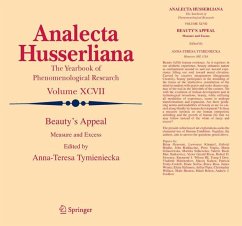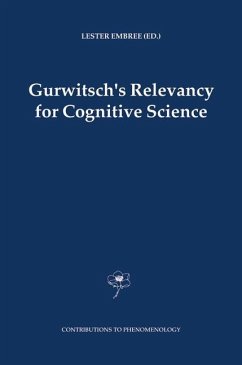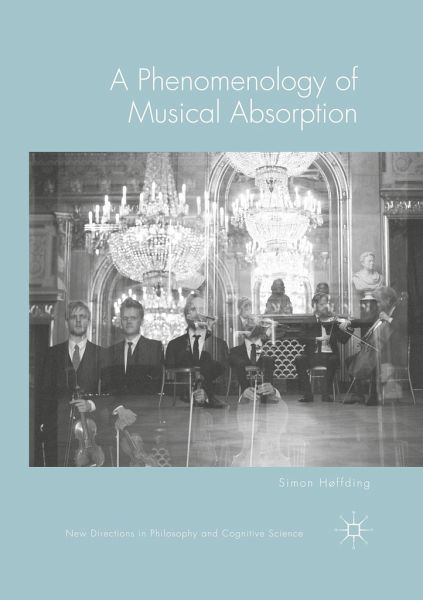
A Phenomenology of Musical Absorption
Versandkostenfrei!
Versandfertig in 6-10 Tagen
49,99 €
inkl. MwSt.
Weitere Ausgaben:

PAYBACK Punkte
25 °P sammeln!
This book presents a detailed analysis of what it means to be absorbed in playing music. Based on interviews with one of the world's leading classical ensembles, "The Danish String Quartet" (DSQ), it debunks the myth that experts cannot reflect while performing, but also shows that intense absorption is not something that can be achieved through will, intention, prediction or planning - it remains something individuals have to be receptive to. Based in the phenomenological tradition of Husserl and Merleau-Ponty as well as of Dan Zahavi and Shaun Gallagher, it lays out the conditions and essent...
This book presents a detailed analysis of what it means to be absorbed in playing music. Based on interviews with one of the world's leading classical ensembles, "The Danish String Quartet" (DSQ), it debunks the myth that experts cannot reflect while performing, but also shows that intense absorption is not something that can be achieved through will, intention, prediction or planning - it remains something individuals have to be receptive to. Based in the phenomenological tradition of Husserl and Merleau-Ponty as well as of Dan Zahavi and Shaun Gallagher, it lays out the conditions and essential structures of musical absorption. Employing the lived experience of the DSQ members, it also engages and challenges core ideas in phenomenology, philosophy of mind, enactivism, expertise studies, musical psychology, flow theory, aesthetics, dream and sleep studies, psychopathology and social ontology, and proposes a method that integrates phenomenology and cognitive science.



